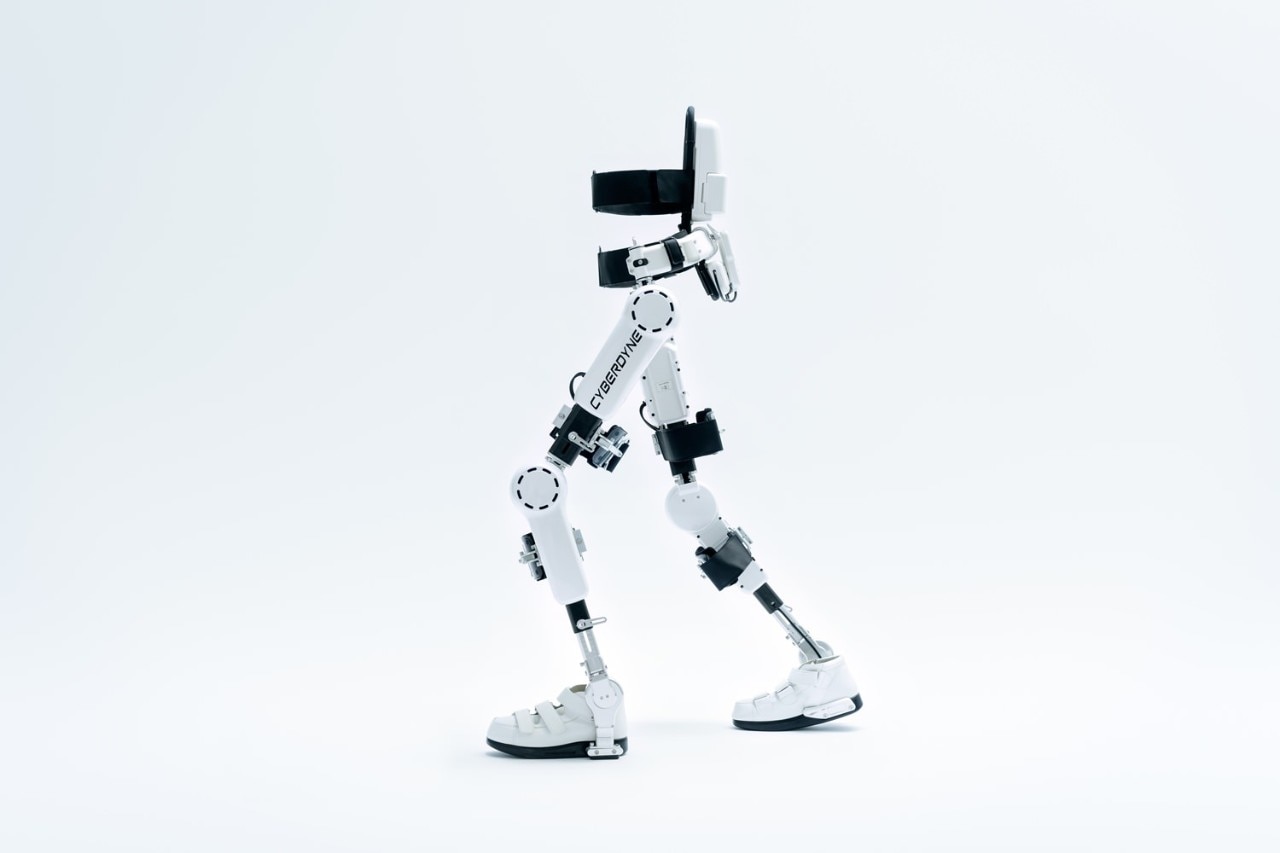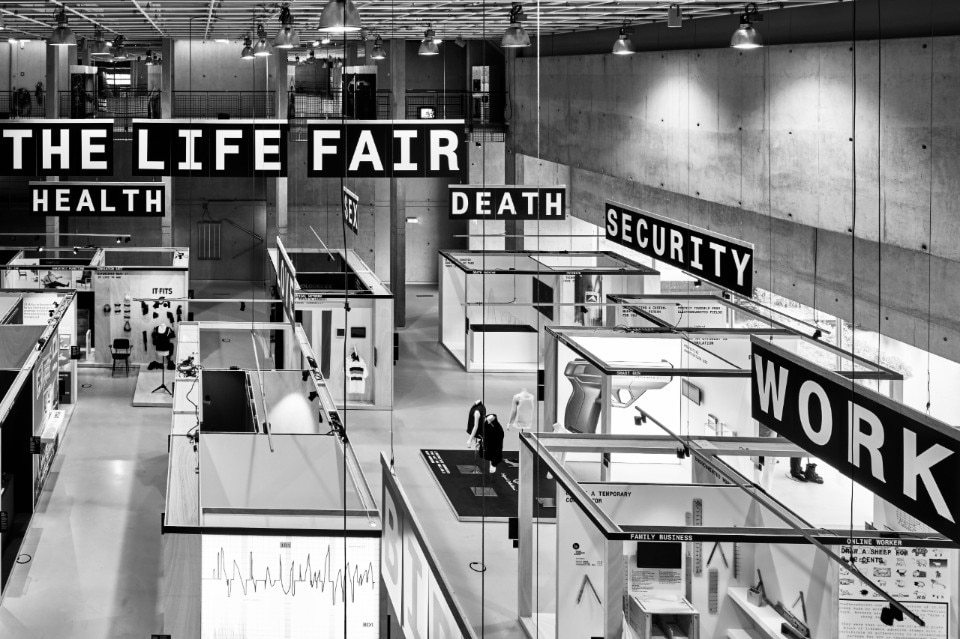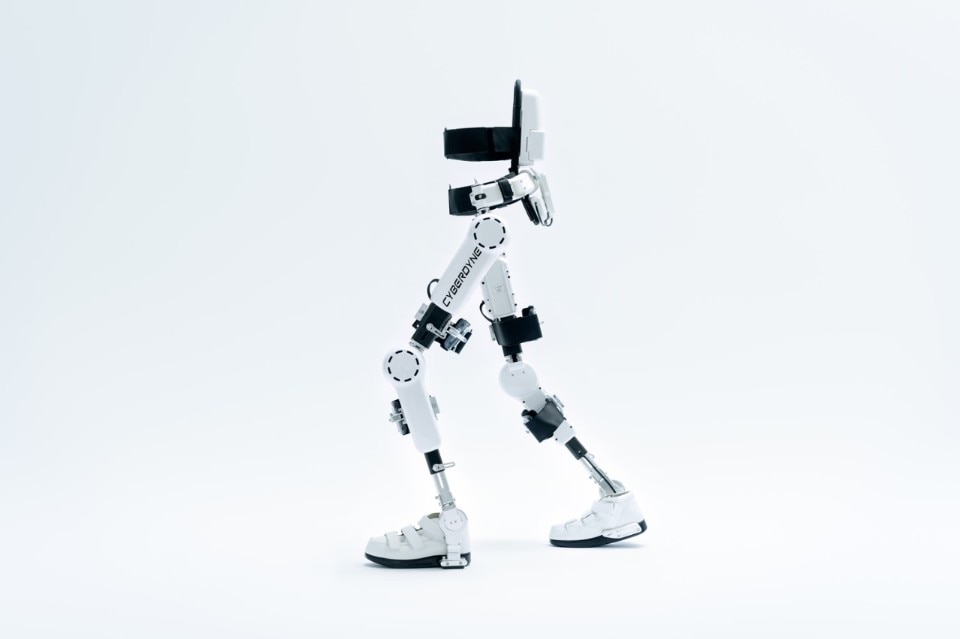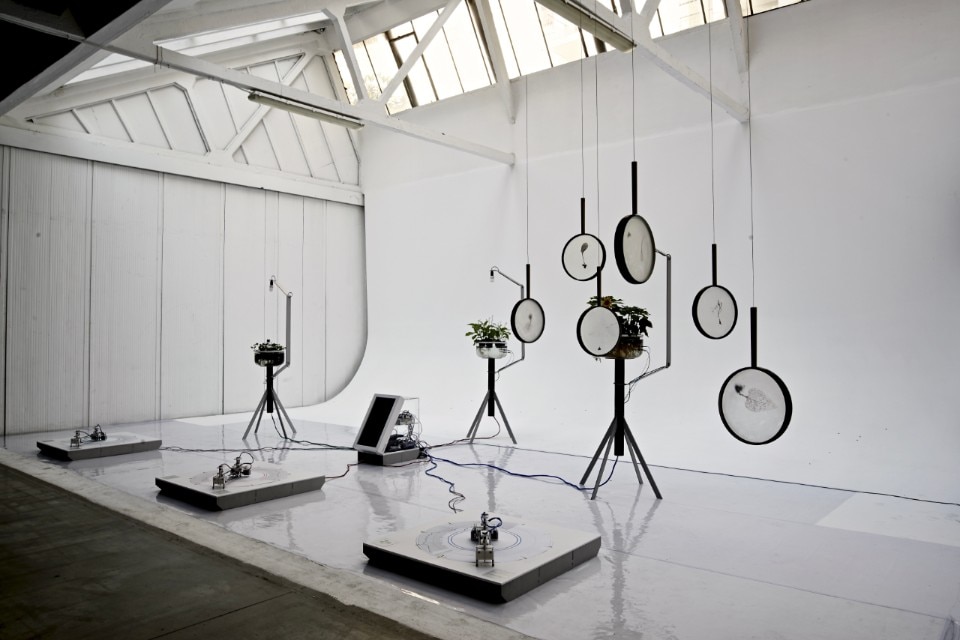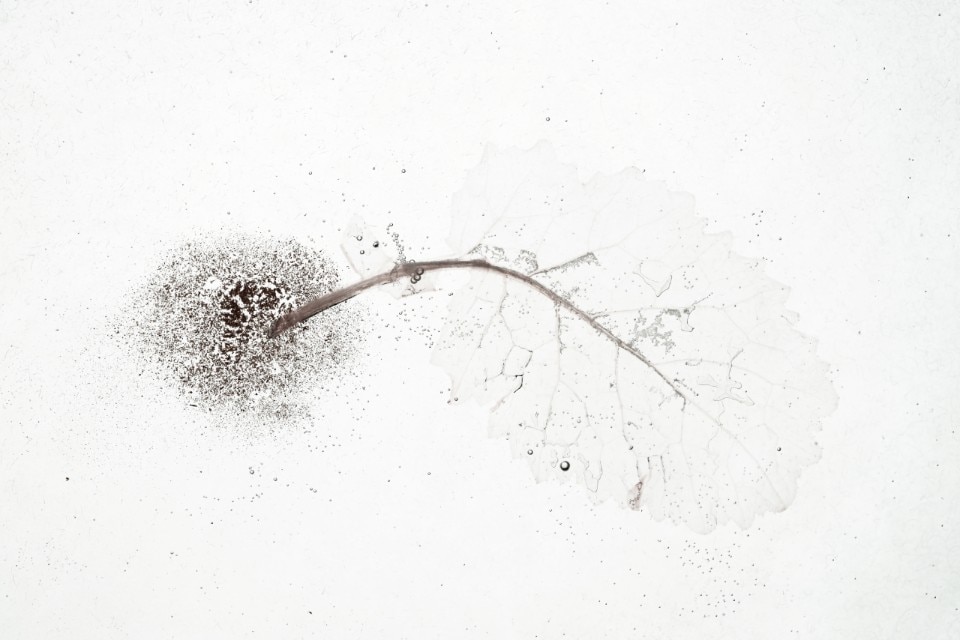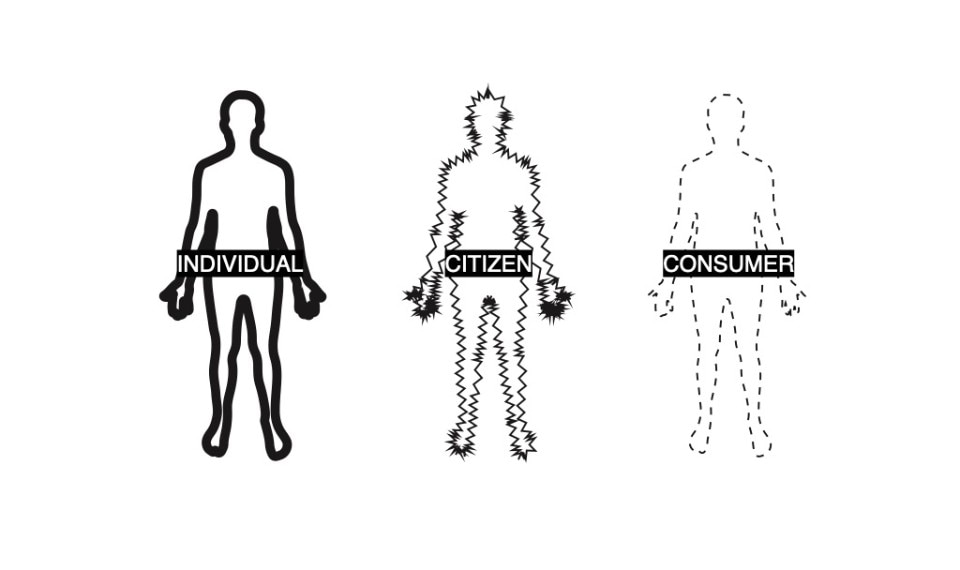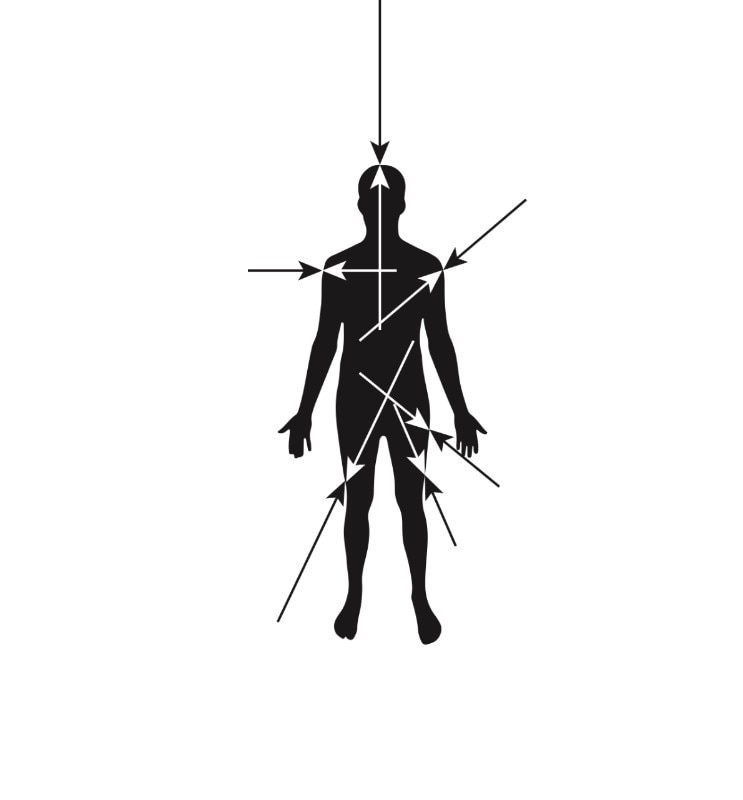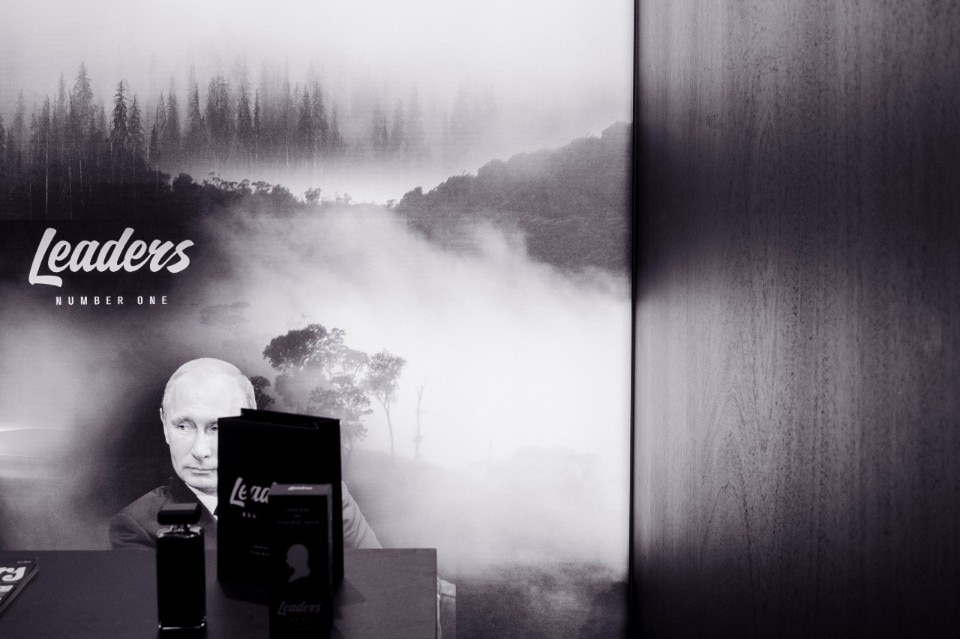We propose exclusively for Domus, the last episode of a series developed into four episodes, a debate that took place in the form of an exchange of letters between Marco Petroni, Ani Liu, Giovanni Innella and Emanuele Quinz on the future of design, entitled Black Box Design. Here the fourth article written by Giovanni Innella.
Nature is the ensemble of elements and phenomena we exist with. Science is a tool with a related set of knowledges that allow us to understand Nature. Ecology is the complex network of relationships that exist among the elements, never complete or static. Economy is the management of resources that Nature makes available. A vision of Economy centered on financial resources and aimed at the celebration of the Capital has replaced the attention to natural resources and our delicate social equilibrium.
These are the conditions that we have to keep in mind when reflecting and acting upon the epoch we live in. If you think of any landscape that is familiar to you, you will realize that the landscape you pictured in your mind is fundamentally the product of three factors: the natural conditions that determine its ecology and geology, the technologies we develop to transform it, the economies that push us to exploit it.
Conversations The Life Fair
Whether you are imagining the slope of a mountain in South Eastern Asia, with its layers of terraced rice-fields, or the Central European flatlands divided into crops in all sort of shades, or the Middle Eastern coasts interrupted by the flares of oil refineries, you will see human progress (un)comfortably sitting at the centre of your picture, serving the Capital that humanity has been obeying to ever since we embraced it as our modus vivendi. When I began working on GeoMerce (2015), with my talented peer Gionata Gatto, enthusiasm was a driving force. Finally, we were not only able to quantify pollution, but also monetize it. GeoMerce put in relation the cycles of Nature with the unpredictability of finance.
It was only while continuing to work on the project that we realized that the utopian scenario of bonifying contaminated lands while collecting financial capital was indeed rather dystopian and concerning. The logics of the project were leading to a world where our landscapes would be continuously and directly shaped by the financial fluctuations of metals on the London Metal Exchange.
Financial speculations would have controlled and exploited nature – which is nothing more than an extrapolation of the condition we currently find ourselves in.
The process leading to the curatorship of “The Life Fair” (2016) at The New Institute in Rotterdam, with another talented peer – Agata Jaworska, was similar. When we began sourcing products, services, organizations, that enable people “to live the life they always wanted to”, without surprise we noticed how much Capital is a force that shapes, monitors, quantifies our bodies and our lives, and how every decision we make, even the most intimate and existential one, complies to the agendas of companies, governments and organizations of all sorts.
In our selection, we included exoskeletons that enable people to perform better than they normally would, along with egg-freezing programs offered by tech corporations for their female workers so they would focus on career and postpone their wish to have a family – just to mention two of the featured products. While both technologies “help” someone to fulfill their existential needs and wishes, they are also instruments of the Industry in extending and expanding the productivity of their employees: Work more, and work better! – they say.
The enthusiasm in discovering expanded possibilities for life, was followed by the horror of knowing that Capital determines the agenda for the options that can exist.
The enthusiasm in discovering expanded possibilities for life, was followed by the horror of knowing that Capital determines the agenda for the options that can exist.
I see my work as a probe that enables me to engage the distortions in the dominant relation between Ecologies and Economies. Eco-Capitalism and Socio-Capitalism exist on the presumption that a negotiation between our financial systems and Ecologies – whether environmental or social – is not only possible, but also beneficial. Even, that they are things that should transcend our opinions, and should be taken for granted, such as the notion that care for environmental and social ecologies becomes justifiable only when economically sound.
Too often we have praised design as an agent of positive change, where instead it has mostly served the Industry, which responds to the logic of the market, more than to ethics. In the post-Capitolocene – if there will ever be one, or if we will ever be part of it – perhaps the assignment for the new generation of designers will be to reverse the relation, and to entangle our Economies and our Ecologies, indicating what is ethical despite the Capital, and not in its name?
Eco-Capitalism and Socio-Capitalism exist on the presumption that a negotiation between our financial systems and Ecologies – whether environmental or social – is not only possible, but also beneficial
Giovanni Innella is an internationally renowned researcher, designer and curator. He works at VCUarts in Qatar. His research often focuses on the concept of value, analyzing and criticizing the mechanisms of contemporary capitalism.


